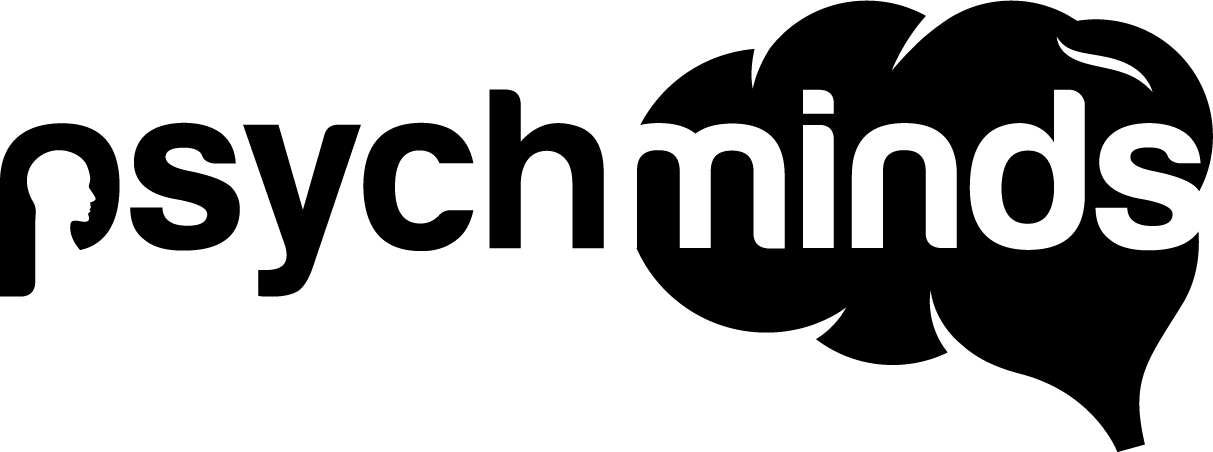How do you relax? Do you zone out in front of the television? Do you scroll through social media? Do you watch a YouTube video? Instead of seeking relaxation through mind numbing activities, research has shown it is more conducive to mental health if we are actively engaging the mind. One way this can be done is through mindful meditation.
Meditation is free, simple and can be practiced anywhere. More importantly, it can bring you the inner peace and tranquillity you desire. Meditation has been around for thousands of years. It used to be practiced to understand religious, mystical and sacred forces in the world. Nowadays, it is used to decrease stress and bring us relaxation. When we become stressed, our nervous system is activated and sends out chemicals preparing us for a ‘fight or flight’ response. Back in the days when caveman roamed the earth, this may have been a useful response when faced with running away from a potential predator. These days, however, we don’t find ourselves in situations where ‘fight or flight’ is necessary. Therefore, this reaction can take a physical toll on our bodies and a mental toll on our minds.
How can we combat our brains wiring in terms of its reaction to stress? How do we deal with the many stressors we face in our daily lives? Ten to twenty minutes of meditation can counteract the negative effects of stress and enhance our emotional well-being. During the day our minds are overloaded with messages, conversations, demands, thoughts and emotions. Through focusing awareness on the present moment, you can temporarily put aside all those other distracting thoughts vying for your attention. By meditating you allow yourself to engage in deeper thought processes whereby you can assess the nature of the stressor more effectively and gain a different perspective on how to manage it.
While meditating, your heart rate slows down, breathing becomes deeper and more even, blood pressure decreases and you sweat less. Cortisol, which is produced when in stressful situations, is produced much less while meditating. The immune system is bolstered. All of these physical reactions to meditation can help combat stress and anxiety disorders, depression, fatigue, pain, sleep problems, high blood pressure and heart disease. Although meditation is not a substitute for medication, it has its benefits. People who meditate find it facilitates giving up giving up smoking, drinking and taking drugs.
There are many different types of meditation. The only way to find out which one works best for you is to experiment with them. There is no one-size-fits-all type of meditation that works for everyone. Below are some of the different methods of meditation separated into two categories, meditation for the mind and the body:
Meditation & the Mind
- Mantra Meditation: think of a word or phrase that you find calming. Silently repeat it in your head. The focus on your mantra will help keep distracting, stress-invoking thoughts at bay. Ensure your mantra is meaningful to you. It could symbolize a goal, an emotional state, something to help motivate you and much else.
- Guided Meditation: Visualize images and scenes that you find relaxing. While doing this, use as many senses as possible. Hear the gentle waves lap on the sea shore, feel the soft grains of sand caressing your hands, see the bright blue sky dotted with white clouds, taste the salty air and smell the mouth-watering food at the stand nearby. Transport yourself to a scene in which you can relax and allow that sense of tranquillity to settle in.
- Mindfulness Meditation: this involves creating a hyper-awareness of the present moment. It is about increasing your consciousness. While practicing this form of meditation, you focus on all of the internal and external events that are occurring. For instance you focus on your breath, notice how it changes. Observe your thoughts and emotions in a non-judgmental manner. Focus on the sounds going on around you.
Meditation & the Body
- Tai Chi: this is a form of Chinese martial arts, whereby you perform different postures and movements in a slow, gentle manner while breathing deeply. This marriage between the breath and movement can relax the body and clear the mind.
- Yoga: the goals of yoga are to create flexibility in the body and a sense of tranquility in mind. The postures require strength, stamina, balance and concentration. Strength is derived not only from the body, but also the mind.
These are some basic techniques to get you started. So instead of looking for escapism in the television, search for it in your mind. Breathe, relax and meditate your stresses away. If you are not able to focus and calm your mind the first time you practice, keep trying. Like with any activity, it will require regular practice. Meditation can have many benefits on the mind and body. While simply meditating will not magically dissolve stressful situations or problems that you face, it can help clear your mind, giving you space to gain a fresh perspective on the issue.
References
Mayo Clinic Staff. (n.d.). Meditation: A simple, fast way to reduce stress. Mayo Clinic. Retrieved May 29, 2013, from http://www.mayoclinic.com/health/meditation/HQ01070
Robinson, L., Segal, R., Segal, J., & Smith, M. (May 2013). Relaxation Techniques for Stress Relief. Help Guide. Retrieved May 29, 2013, from http://www.helpguide.org/mental/stress_relief_meditation_yoga_relaxation.htm
Scott, E. (April 2, 2012). Benefits of Meditation for Stress Management. About.com. Retrieved May 29, 2013, from http://stress.about.com/od/tensiontamers/p/profilemeditati.htm
Image credit: TheDailyMeditation. (n.d.). Meditation-pictures-ni-nature-woman-meditating. Retrieved May 29, 2013, from http://thedailymeditation.com/meditation-pictures-and-resources-gallery/meditation-pictures-ni-nature-woman-meditating/














